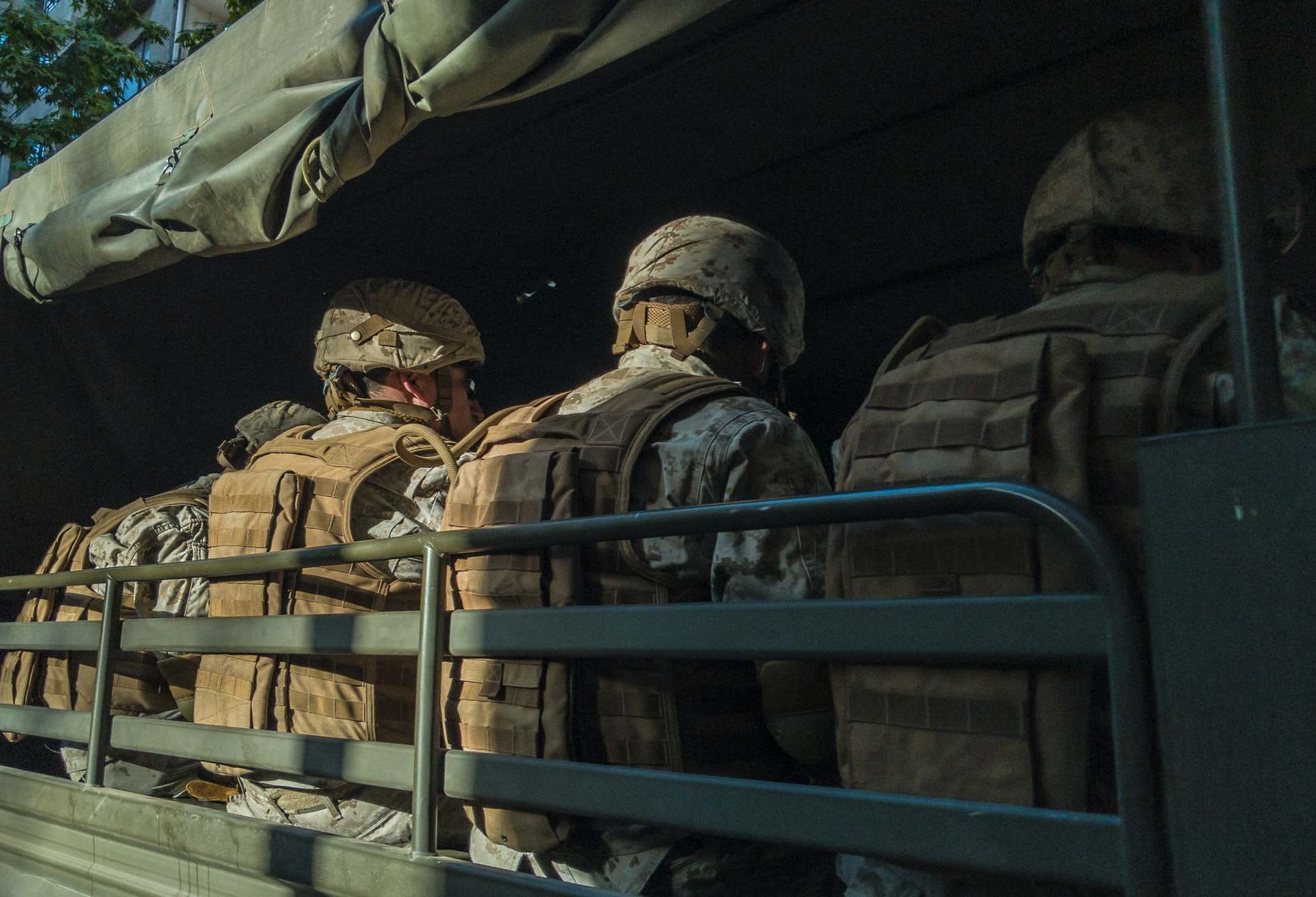
After the US Capitol was stormed in early January, now a military coup followed in Myanmar. Due to their constant observation of various risk aspects, our MBI CONIAS Risk Intelligence experts were already aware of the current danger of a coup in Myanmar. The following points had caused the country's risk value to swell in recent months:
- The clear outcome of last November's parliamentary elections, in which the power-conscious military experienced a resounding and sensitive defeat;
- The failed lawsuits of the defeated military-affiliated parties because of alleged election fraud and
- The corresponding threat by the military last week.
Now the military has actually arrested leading figures of the ruling party. Among them is Nobel Peace Prize laureate and de facto head of government Aung San Suu Kyi.
Will there be violent protests?
The situation is still difficult to assess for outsiders and observers. "What worries us," says Dr. Nicolas Schwank, Chief Data Scientist for Political Risks at Michael Bauer International, "is the phase of democratization the country is currently in. The exceptionally large turnout of 70% in the parliamentary elections in November shows us that the population has taken a liking to democratic co-determination. The people may want to defend these new rights." His attention now turns to the arrested election winners. Government leader Aung San Suu Kyi, who’s still one of the most popular politicians in the country, has already called on the people to oppose the coup. "Crucial to the question of whether there will be subsequent violent resistance to the coup is how the arrested leadership will continue to behave and whether they will call for violence. However, since San Suu Kyi has become well-known and influential because of her nonviolent resistance to the military, there’s hope that bloodshed can be avoided."
What are the business risks arising from current events in Myanmar?
The risk to investments made by Western companies in recent years also cannot be definitively assessed at this time. "I currently consider the risk that Western countries will react with sanctions and trade embargoes as relatively high - also with reference to comparable cases stored in our database", Dr. Schwank continues. Despite the encapsulation during the military dictatorship in the past, Dr. Schwank currently does not see any risk of the new military government deliberately destroying production facilities or warehouses belonging to foreign investors. The military wants to present itself as the guardian of law and order. Besides, the country urgently needs foreign currency even under military rule. At the same time, the information situation is still difficult at present, and it is advisable to continue listening to the military's pronouncements very closely.
If you are interested or for further information on MBI CONIAS Risk Intelligence, please contact our Sales Team.
The events at the US Capitol as well as the current military coup in Myanmar show how important election dates are for the analysis of the current political country risk. Therefore, we offer our global MBI CONIAS election calendar to all clients and interested parties.


